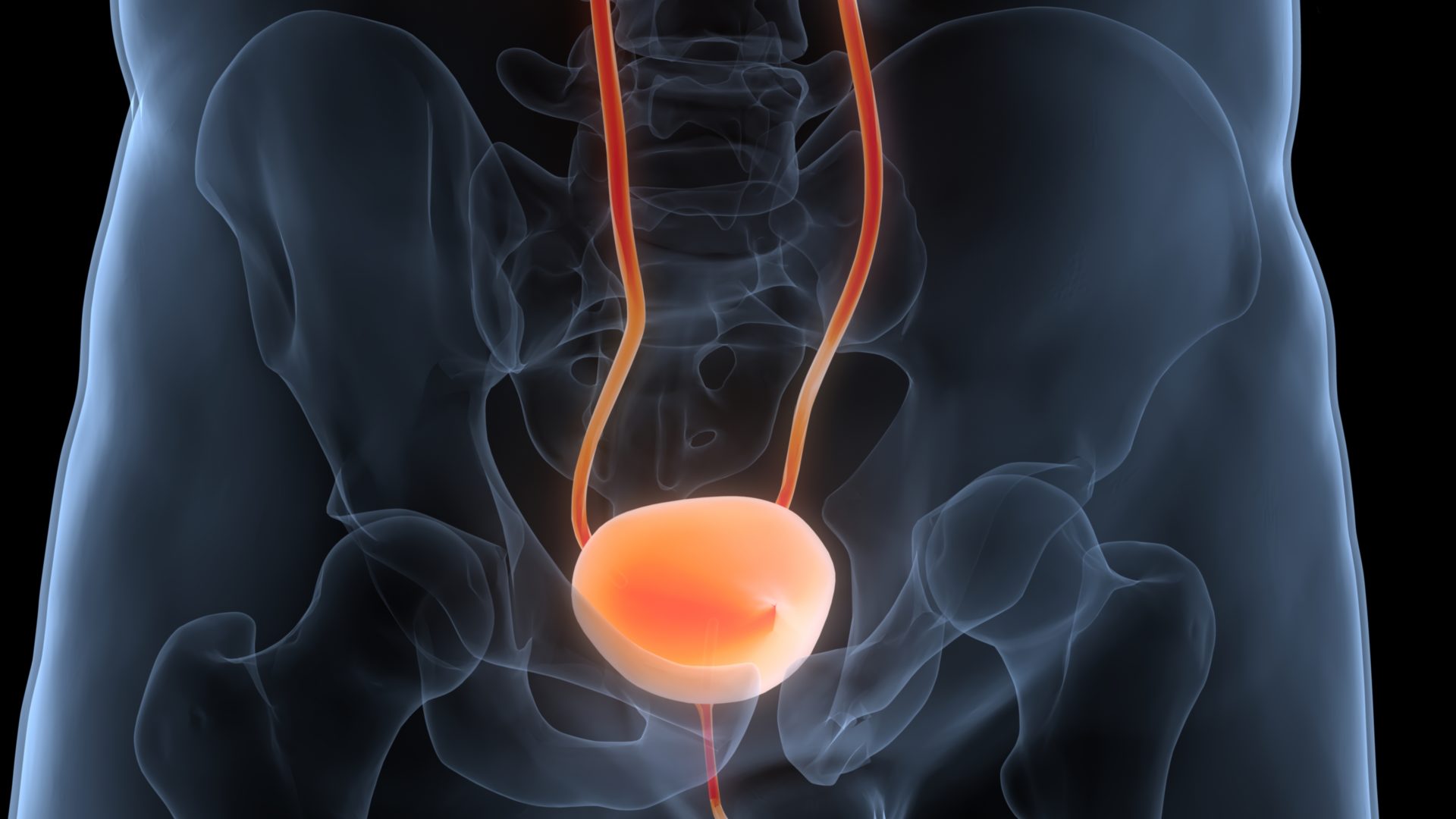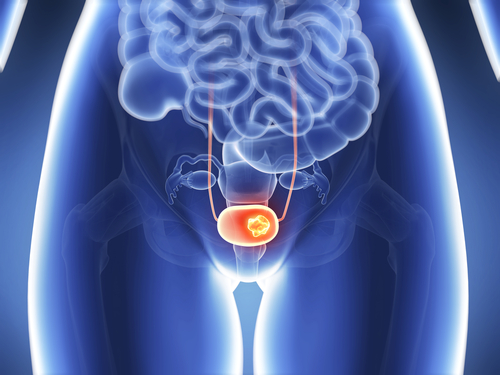CD93 is known to reduce pancreatic cancer therapy response, but its role in bladder cancer (BLCA) is unclear. A new study shows that CD93 expression plays a significant role in aggressive clinical status and mutational subtypes in BLCA. The study appeared in Computers in Biology and Medicine.
Researchers assessed the link between CD93 and BLCA in TCGA-BLCA, as well as in 2 BLCA groups. The effect of CD93 on immune system response was validated in 5 real-world cohorts, while response to chemotherapy was analyzed with IC50. CD93 risk modeling was developed using LASSO regression.
According to the results, in BLCA, CD93 expression leads to a higher T cell inflamed score and more immune checkpoints. The researchers noted that CD93 is indicative of more aggressive disease and worse outcomes.
The investigators concluded that CD93 plays a key role in tumor immune regulation, and its expression suggests more aggressive clinical characteristics and BLCA molecular subtypes. Anti-CD93 therapy using immunotherapy or chemotherapy may be beneficial for this patient population.
Reference: Zheng X, Xu H, Lin T, et al. CD93 orchestrates the tumor microenvironment and predicts the molecular subtype and therapy response of bladder cancer. Comput Biol Med. 2022;147:105727. doi:10.1016/j.compbiomed.2022.105727









